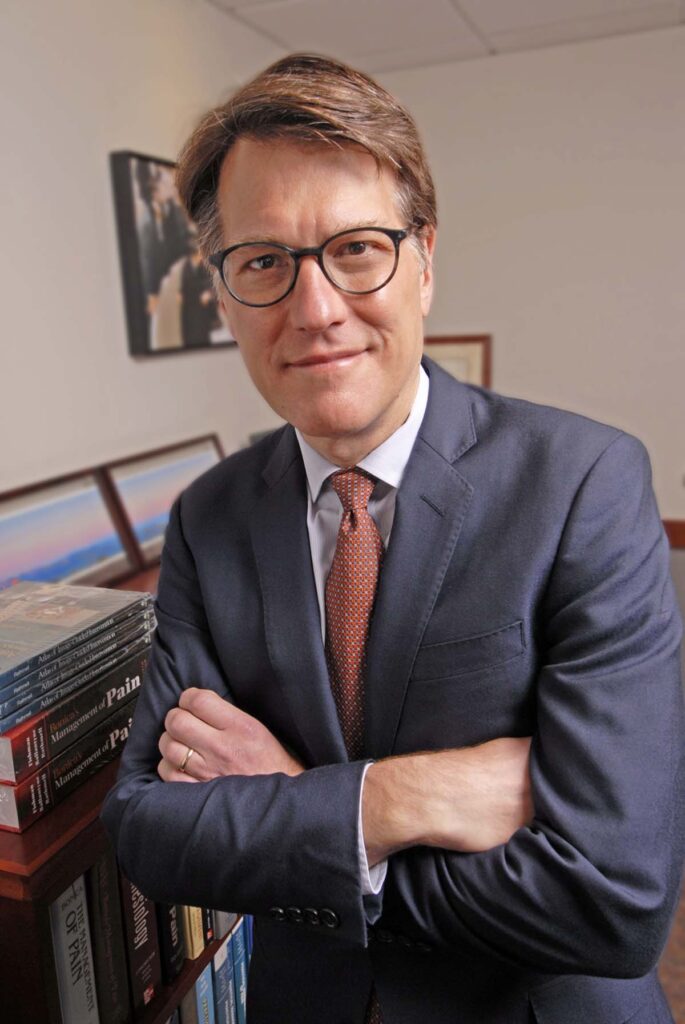Executive Support
Our executive team is passionate about advancing diversity, equity, inclusion, and belonging initiatives. Through research, projects, events, and community outreach, they are advocates for change.
Letter of support from our Chair:
Anesthesiologists served on the frontlines during the COVID pandemic, caring for those needing anesthetic care for surgery and other procedures, critical care in intensive care units, and pain treatment in and out of the hospital. We witnessed many of the disproportionately poor outcomes that emerged among marginalized populations. Undeniably, we must do better, and I am reaffirming our department’s commitment to being part of the much-needed solution.
I have had the privilege to join a dedicated group of faculty and trainees to discuss how our department could best develop a meaningful and durable approach to Diversity, Equity, Inclusion, and Belonging (DEIB). From that meeting and the many discussions that followed, I am proud to announce the creation of a new standing leadership position, the Vice Chair for Diversity, Equity, and Inclusion, to chart a course and ensure that we adhere to our pledge to improve the cultural landscape within our institutions.
As leaders, we pledge to:
- Increase under-represented in medicine (URIM) representation in our department among trainees and faculty through pro-active communication and recruitment strategies, faculty appointment processes, and selection committee processes, with transparent reporting of such efforts and the resulting faculty composition from each department annually.
- Augment the diversity of our non-physician staff by revising exclusionary job descriptions, deliberately recruiting from our surrounding majority-minority communities, and supporting staff education and career development to strengthen our enterprise.
- Enhance departmental career support for and development of URIM, including faculty leadership.
- Ensure diversity and inclusion training for all faculty members in partnership with Mass General Brigham. Ensure a supportive educational environment around diversity and inclusion, including access to specialty-specific invited speakers on disparities in healthcare and other broad educational materials.
- Develop quality improvement initiatives for awareness and intervention in the clinical practice environment led locally and inform regionally best practices to empower the URM communities to receive equitable healthcare in our system.
- Develop mechanisms of accountability in our faculty culture designed to foster an inclusive culture, such as implementing an “Equity Hotline” or safe culture reporting structure.
We will hold each other accountable for the engagement and enactment of change. We recognize strongly that we need to hear from everyone about what they see that we can do differently and how we can best deliver these structural changes effectively and durably. It will take time, but we are committed.
I have learned enormously in the short time we have been at work, and I look forward to working together in the years ahead to improve for the benefit of all our faculty, trainees, employees, and patients.
James P. Rathmell, M.D.
Chair, Department of Anesthesiology, Perioperative and Pain Medicine, Brigham and Women’s Hospital; Leroy D. Vandam Professor of Anaesthesia, Harvard Medical School
Pronouns: he/him/his


